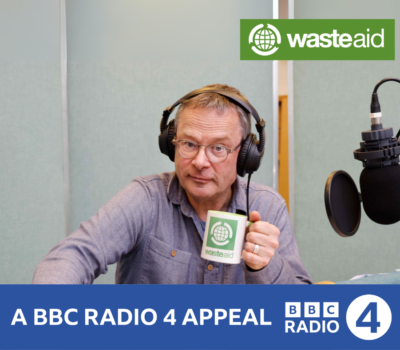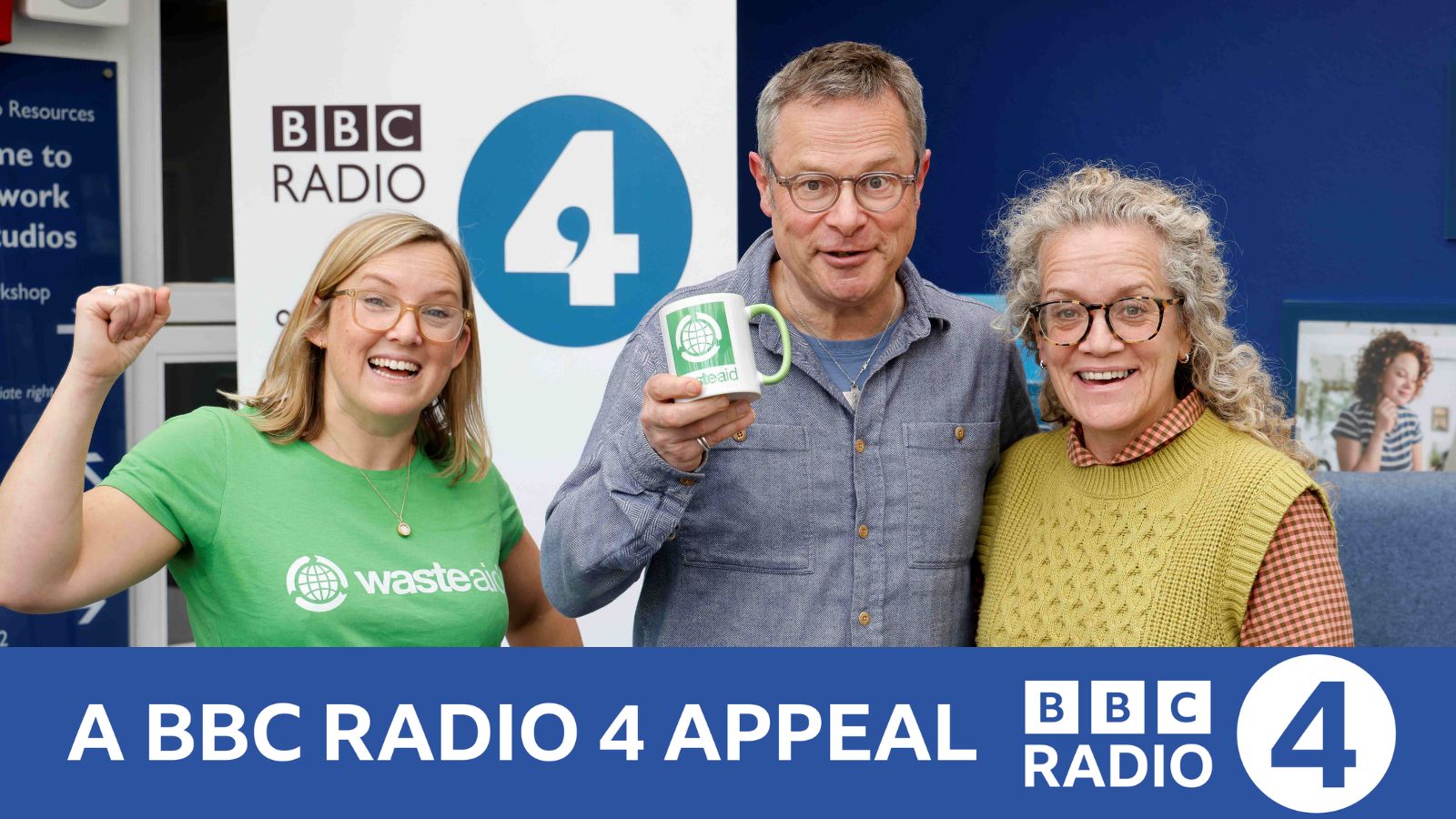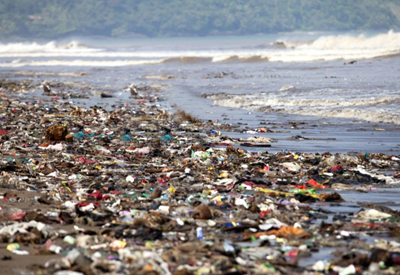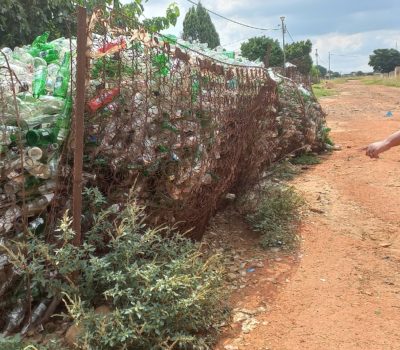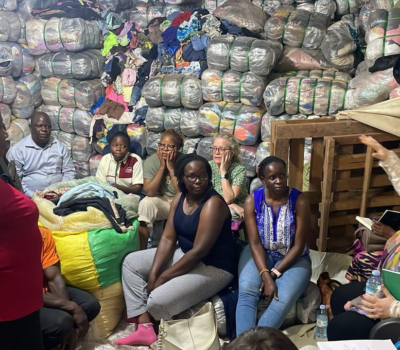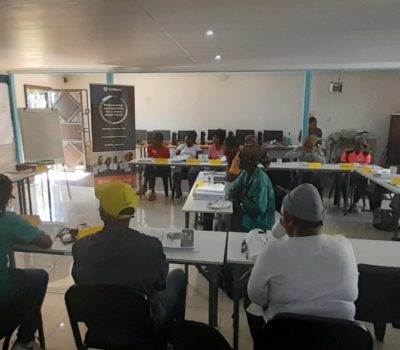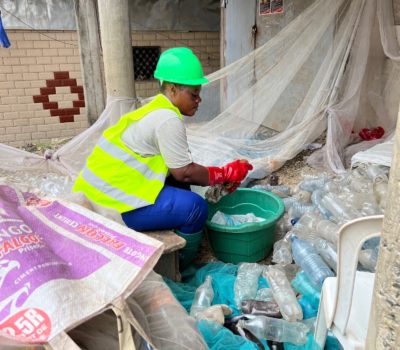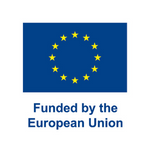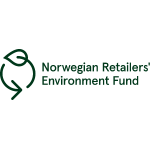by Tom Idle, Innovation Forum
Waste recycling rates are improving overall, but what are the measures that can really drive plastic recycling forwards?
Legislation designed to promote waste recycling appears to be working.
In Europe, the latest data shows that, even with more waste being generated by EU nations, the total amount ending up in landfill continues to fall. Since 1995, 69m tonnes of rubbish – or 57% – less waste has been buried in the ground. Since 2005, landfilling has dropped by almost 4% a year on average.
Member states do seem to have adhered to the EU’s Directive 62/1994, in place since 2001, to ensure all nations recover a minimum of 50% of all packaging put on the market (further revised in 2008 with a 60% recovery target). Directive 31/1999 has also had an impact, which forced EU states to reduce the amount of biodegradable waste going to landfills to 35%.
All of this means more waste being recycled. Since the mid-1990s, the average annual rate of recycling has increased by 4.2% year on year. Now, more than 100m tonnes of waste is recycled annually. While that still only accounts for 47% of all waste, it’s a significant increase on the 19% recycled in 1995.
It is a similar story in the US, which produces more than 260m tonnes of waste a year. Over time, recycling rates have steadily increased – from just 16% in 1990 to a little over 35% in 2017.
Plastic progress
But while overall recycling rates have slowly improved, brands remain under intense pressure to do more, in plastics particularly.
Of course, boosting recycling rates requires action from a range of different stakeholders – among them brands that place products on the market, the local authorities and resource management companies charged with treating waste, and consumers.
But in which part of the chain can the biggest impacts be made?
For Ceris Turner-Bailes, CEO of WasteAid, it starts with properly incentivising the use of recycled materials. She says that products made from materials that are not recyclable because they use mixed materials should be phased out, and incentives created to utilise single-material packaging, which is more easily recycled.
Part of the solution is paying a fair price to the people that collect waste, not just the basic market value of the material, particularly in lower-income countries.And WasteAid is working with waste pickers and training vulnerable and marginalised people to recycle plastics into products such as paving stones and tiles. Turner-Bailes says: “One of the biggest challenges is creating a market for the products in the countries that we work, and this is a big focus for us going forward.”
Joe Franses, VP of sustainability at Coca-Cola European Partners (CCEP) agrees. He wants a step-change in investment of recycled plastic. “Certain sectors need help in securing access to post-consumer feedstock at a viable price,” he says. Currently, the beverage industry is the only sector which is obligated to meet a minimum recycled PET (rPET) percentage threshold. The EU Single-Use Plastic Directive requires a minimum of 25% recycled plastic to be used in beverage bottles by 2025. Franses says that “too much” collected PET currently goes to other applications or is exported once it’s collected for recycling. “More could be done to ensure that PET from beverage packaging that is collected can be recycled bottle-to-bottle.”
Engaging consumers
Making it easier for consumers to engage in the recycling process will also be key to boosting recycling numbers. “Industry-driven” deposit return schemes (DRS) are likely to deliver the highest collection rates for beverage packaging – and help to facilitate bottle-to-bottle recycling, as they reduce contamination, Franses says. But such schemes require strong support from policymakers and governments, as well as effective collaboration, to make them work, with producers and retailers working together. “Norway and Sweden offer best-in-class DRS, with a focus on creating a local, circular system via a strong connection to local recycling partners, such as Veolia.” Franses points out.
Another good example is the SRN (Stichting Retourverpakking Nederland) in the Netherlands, which is a scheme that gives access to feedstock at competitive prices for all those that participate in the scheme.
Deposit return schemes do, of course, have their detractors, particularly where there is near-universal local authority kerbside collection, such as in the UK. Introducing DRS requires development of new infrastructure, with reverse-vending machines installed in public places or retailers being required to devote space to collection and deposit returns.
Another potential downside is that DRS removes PET, which is currently amongst the most valuable recyclate, from kerbside waste streams, taking away that revenue and making the collection of other wastes less financially viable. DRS can create an incentive for increased use of plastic and penalises the use of other materials, notably aluminium, which does not require any venture financing and novel chemistry solutions to improve its recyclability.
Whatever your view, this is a debate that will, no doubt, continue .
Keep it simple
To get the attention of consumers, James Bull, head of packaging at Tesco, says it’s all about simplifying processes. He argues for legislation that drives “consistency in what is used and what is collected” and will make it easier to manage and more straightforward for the general public to engage with.
In fact, making it easier for people to understand how recycling supply chains actually work will give them the confidence and incentive to recycle more, Turner-Bailes says. “There needs to be full transparency in the movement and use of materials across borders, to generate confidence that materials are properly recycled and not dumped.”
WasteAid is currently working in Douala, Cameroon, where the local government is supporting recycling by ordering recycled products on a large scale to improve local infrastructure. “It’s a good example of local government working with commercial enterprises to support recycling efforts on a large scale,” according to Turner-Bailes.
Barriers remain
Closer collaboration and more effective consumer engagement are likely to have a big impact. However, some specific challenges remain. Bull highlights the difficulties in collecting and recycling the soft plastic bags, pouches and films that represent a large proportion of any shopping basket.
The solution? Companies should prove it can be done and influence governments to move quicker and legislate consistently for a set of materials that are to be used to “prevent food waste, provide functionality while limiting carbon and environmental impacts”, Bull says. Then, the sector should “generate demand, engage industry, and influence market investment and cost coverage”.
Franses reinforces the need for greater investment in new recycling technologies and infrastructure, in particular, to boost capacity within the rPET reprocessing sector to generate an increased supply of rPET. Through its innovation and investment arm, CCEP Ventures, the business has recently invested in recycling start-up CuRe Technology. CuRE uses a partial depolymerisation process to break down PET into its component building blocks to produce food-grade rPET – a good fit for CCEP as it aims to deliver 100% rPET for its bottles in the next five years.
Enforced circularity?
The European Commission’s long-awaited Circular Economy Package will have made brands and recyclers sit up and take notice. With revised legislative proposals on waste, a more stringent target for recycling, particularly of packaging waste, and lower limits for landfilling, companies will be forced to think more circular. And that’s a good thing, says Bull. “The best examples of driving positive behaviour are about driving a value into packaging, rather than it being provided as a disposable element.”
Turner-Bailes agrees, arguing that voluntary commitments from brands have been a welcome start, but they have had limited impact. “[They] need to be replaced with legislation and clear timescales for the phase-out of product packaging that is non-recyclable. This will be a strong signal of intent towards the creation of genuinely circular economies.”
The original of this article can be found at: https://www.innovationforum.co.uk/articles/how-to-get-plastic-recycling-to-real-scale
